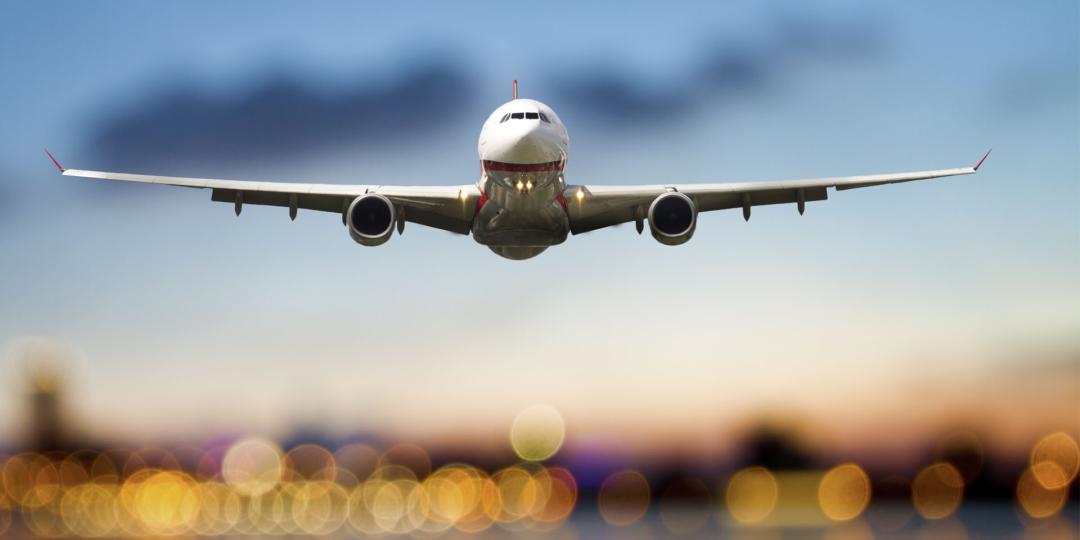Iata has released its World Air Transport Statistics (WATS) figures and, unsurprisingly, the devastation wrought by the COVID-19 pandemic on the industry takes centre stage.
- 1.8bn passengers flew in 2020, a decrease of 60.2% compared with 4.5bn in 2019.
- Industry-wide air travel demand, measured in revenue passenger kilometres (RPKs) dropped by 65.9% year-on-year.
- International passenger demand (RPKs) decreased by 75.6% compared with the year prior.
- During last year, Africa accounted for just 34.3 million passengers, a 65.7% drop on 2019 passenger numbers.
- Domestic air passenger demand (RPKs) dropped by 48.8% compared with 2019.
- Air connectivity declined by more than half in 2020. The number of routes connecting airports fell dramatically at the outset of the crisis and was down more than 60% year-on-year in April 2020.
- Total industry passenger revenues fell by 69% to US$189bn in 2020, and nett losses were $126bn in total.
- The decline in air passengers transported in 2020 was the largest recorded since global RPKs started being tracked around 1950.
- On average, there was a $71.70 (R1 035) loss incurred per passenger in 2020.
- The Middle East region suffered the largest proportion of loss for passenger traffic with a drop of 71.5% in RPKs versus 2019 numbers, followed by Europe (69.7%) and the Africa region (68.5%).
- China became the largest domestic market in 2020 for the first time on record, as air travel rebounded faster in the domestic market following China’s efforts to control COVID-19.
- Star Alliance maintained its position as the largest airline alliance in 2020 with 18.7% of total scheduled traffic (in RPKs), followed by SkyTeam (16.3%) and oneworld (12.7%).
Willie Walsh, Iata DG, said it was a year the industry would like to forget. “But analysing the performance statistics for the year reveals an amazing story of perseverance. At the depth of the crisis in April 2020, 66% of the world’s commercial air transport fleet was grounded as governments closed borders or imposed strict quarantines. A million jobs disappeared. And industry losses for the year totalled $126bn. Many governments recognised aviation’s critical contributions and provided financial lifelines and other forms of support. But it was the rapid actions by airlines and the commitment of our people that saw the airline industry through the most difficult year in its history,” he said.






















